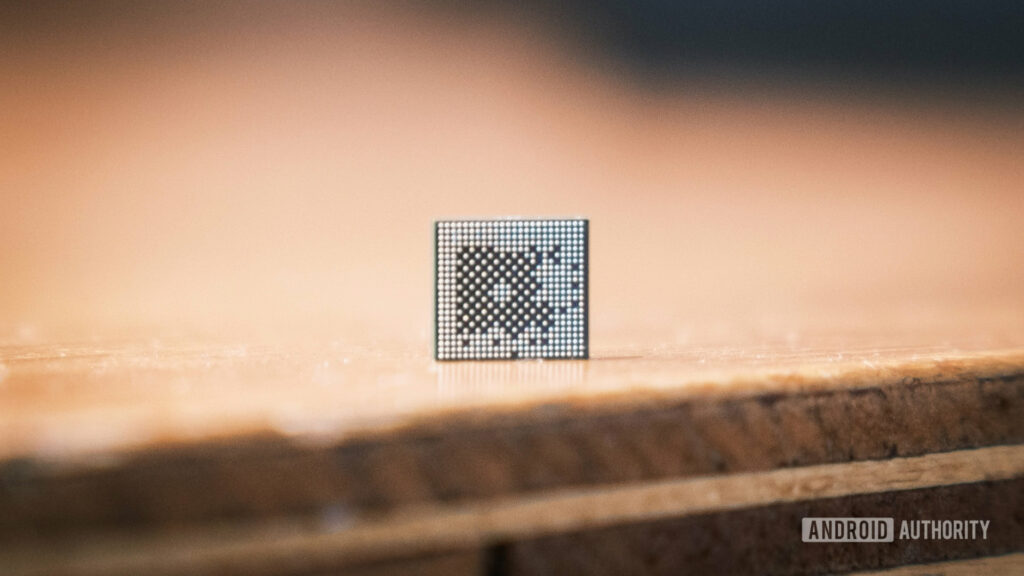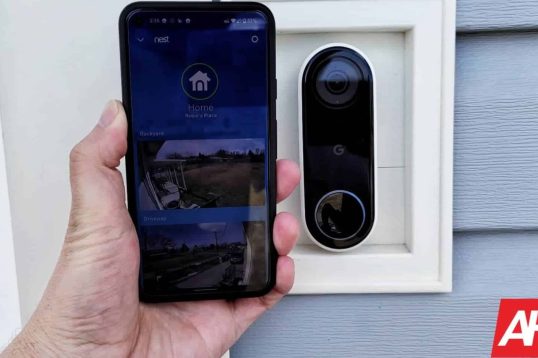Robert Triggs / Android Authority
If you’ve been weighing up a new laptop purchase, you’ll have no doubt spotted that they’re increasingly boasting NPU capabilities that sound an awful lot like the hardware we’ve seen in the very best smartphones for a number of years now. The driving factor is the push for laptops to catch up with mobile AI capabilities, embuing them with advanced AI features, like Microsoft’s Copilot, that can run securely on-device without needing an internet connection. So here’s everything you need to know about NPUs, why your next laptop might have one, and whether or not you should buy one.
Are you interested in laptop AI capabilities?
793 votes
cos’è una npu?
NPU è l’acronimo di Neural Processing Unit. Le NPUs sono dedicate all’esecuzione di funzioni matematiche associate a compiti di reti neurali, machine learning e AI. Sebbene possano essere chip autonomi, sempre più spesso sono integrate direttamente in un system-on-chip (SoC) insieme ai più familiari componenti CPU e GPU.
Le NPUs sono dedicate all’accelerazione dei compiti di machine learning, ovvero AI tasks.
Le NPUs si presentano in varie forme e dimensioni e sono spesso chiamate in modo leggermente diverso a seconda del progettista del chip. Già si trovano diversi modelli sparsi nel panorama degli smartphone. Qualcomm ha Hexagon all’interno dei suoi processori Snapdragon, Google ha i suoi TPU sia per il cloud che per i suoi chip Tensor mobili, e Samsung ha la sua implementazione per Exynos.
L’idea sta ora prendendo piede anche nello spazio dei laptop e PC. Per esempio, c’è il Neural Engine all’interno dei più recenti Apple M4, le funzioni Hexagon nella piattaforma Snapdragon X Elite di Qualcomm e AMD e Intel hanno iniziato a integrare le NPUs nei loro ultimi chipset. Pur non essendo identiche, le GPU di NVIDIA sfumano le linee, date le loro impressionanti capacità di calcolo. Le NPUs sono in aumento ovunque.











Lascia un commento